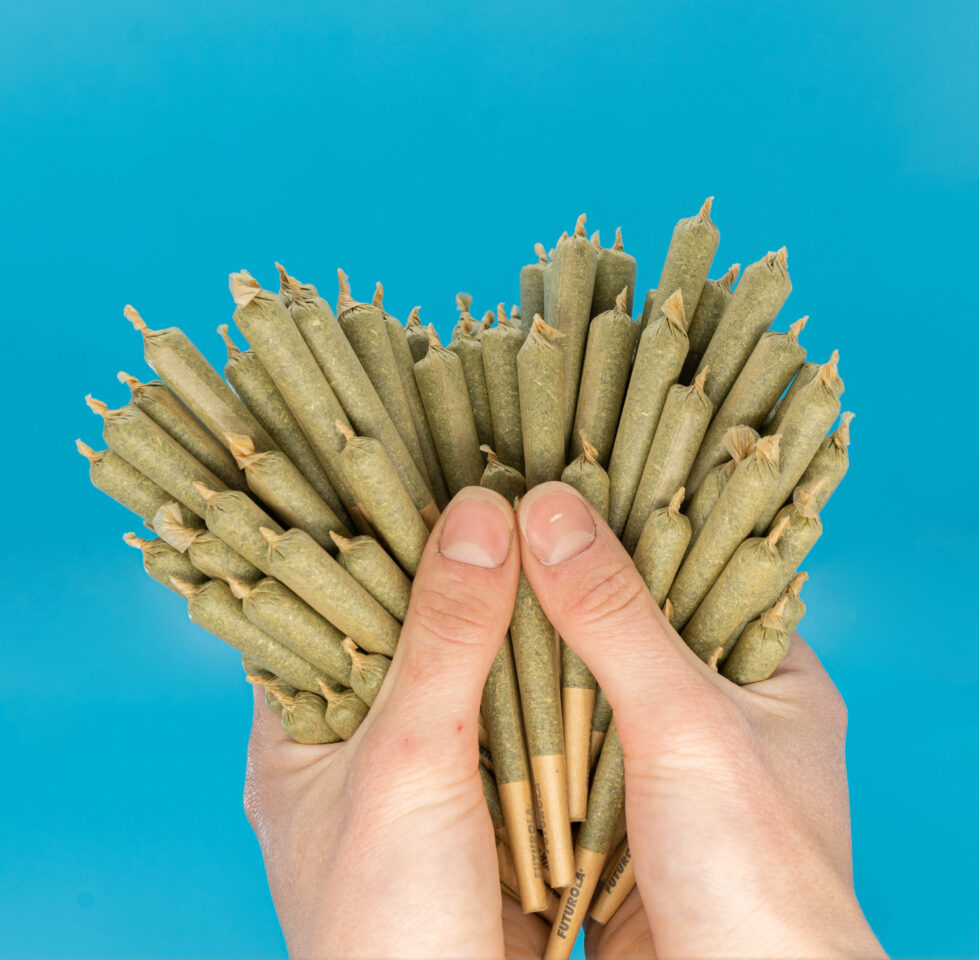States that have legalized recreational marijuana use for adults have also seen fewer hospitalizations for mental health treatment. According to a newly published study.
The findings came in a study published last month in the journal health economicsbased on data from 10 states that have legalized adult cannabis use.
“Recreational marijuana law (RML) continues to grow in popularity, but its impact on mental health treatments is unknown,” wrote Alberto Ortega, a professor at Indiana University’s O’Neill School of Public Health and study author.
In an abstract, Professor Ortega said the study “uses event studies within a difference-of-differences framework to study the short-term impact of state RML on admission to mental health treatment facilities.”
“The results show that the average number of hospitalizations for mental health care decreases immediately after states adopt RML,” Ortega wrote. “The findings are guided by white, black, and Medicaid-funded hospitalizations and are consistent across both male and female hospitalizations. Results are robust to alternative specifications and sensitivity analyses.”
Ortega said that after states introduced recreational cannabis laws, “total attendance has clearly, immediately, and statistically significantly decreased,” and that “the impact has become more pronounced over time, and remains negative through the event’s fourth year.”
Overall, Ortega estimates that in the early years after passage of the Recreational Marijuana Act, “the total number of hospital admissions for mental health treatment decreased by about 37%, or about 92 fewer hospitalizations per 10,000 individuals in the state.”
“The results are driven by people under age 65, black, and white individuals. Medicaid treatment hospitalizations have also declined significantly, with a much smaller statistically significant effect on non-Medicaid hospitalizations,” he said.
Although the results of this study are compelling, they also remain a mystery.
“Data limitations make it difficult to identify the mechanisms leading to the above reductions in mental health treatment,” Ortega conceded. “One possibility is that [recreational marijuana laws] Marijuana use is on the rise, which is believed to improve mental health. “
Another possibility, Ortega said, “is that people in need of mental health treatment could more easily substitute or self-medicate their marijuana use.”[recreational marijuana law]”
Researchers continue to track the impact of marijuana legalization in the United States, but the trend is still in its early stages historically.
A policy document released last year found that states that have lifted marijuana bans have not seen an increase in youth marijuana consumption.
A May survey found that more than half of cannabis consumers in legal states get their cannabis from marijuana stores.
In states that have legalized adult-use cannabis, “52% of current consumers say their primary source of purchase is a brick-and-mortar pharmacy, while only 6% say their primary source of purchase is a dealer,” according to survey results released by research firm New Frontier Data.
According to the survey, “43% [all] Consumers today say brick-and-mortar pharmacies are their primary source of cannabis, compared to 34% in 2022. According to the survey, 10% of cannabis consumers now say their “main source is dealers,” down from 13% in 2022.
“Interestingly, 29% of consumers currently in illegal markets say their primary source of information is also brick-and-mortar dispensing pharmacies, while 17% say they use dealers. This means that even in illegal markets, consumers travel across state borders to get cannabis from regulated sources, even in illegal markets, as 42% of consumers say they sourced their cannabis from out of state,” said Amanda L. Dr Lyman said.




